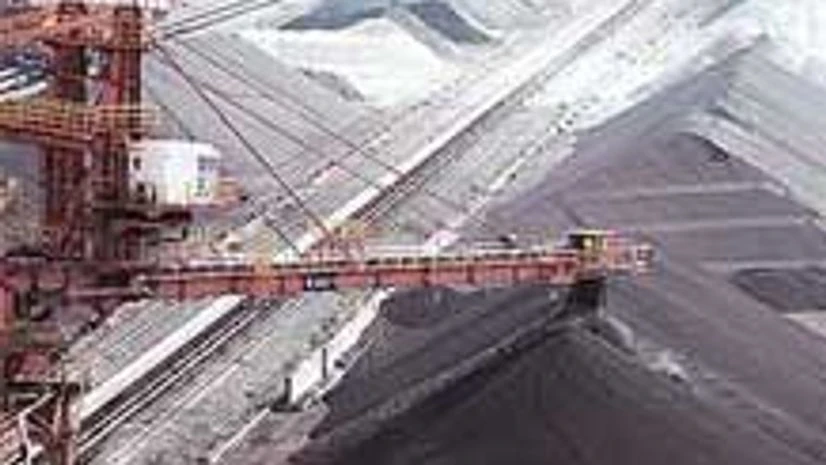The recent Odisha government decision to allow iron ore fines sales to sponge iron plants with a condition that the residual obtained after screening of fines must be sold only to domestic pellet unit will benefit pellet producers, sponge iron producers stated.
The state mines directorate had earlier banned sale of iron ore fines of less than 10 mm size to sponge iron units. The department argued that since large sized ore is used for production of sponge iron, the producers export the residual smaller particle as low grade fines which is against in the interest of mineral development.
But last week, the government allowed sale of less than 10 mm size fines to sponge iron plants with a condition that they can sell the residual mineral to domestic pellet units only and cannot export.
More From This Section
“It is obvious that the pellet producers will form a cartel and try to pressurise the residual iron ore fines rates. I am pretty sure that I will get lower rates (by selling fines to pellet plants) from export price,” said A K Mittal, operation head of Eastern Steels and Power Ltd , a sponge iron maker in Jharsuguda district.
As there is very limited scope for sale of low grade fines in domestic market, the sponge iron makers questioned whether the easing of sales restriction will really favour them.
“We have no problem in obeying government order, but where will we find buyers for the low grade residual ore? Limited market for the mineral will eat away profit margin of sponge makers who have to buy mineral from private miners,” said R S Kejriwal, managing director of Rexon Strips, a Rourkela-based sponge iron maker.
Though the amount of conversion of fines into pellet is lower in Odisha in comparison with generation of fines, recently it has picked up as some firms have shown interest to produce pellet.
At present, Jindal Steel and Power Ltd, Brahmani River and Pellet Ltd, Essar Steel and Bhushan Steel and Power Ltd are engaged in production of pellets with a combined annual production capacity of 18 million tonne.
Pellets or sinters are produced from dusty iron ore fines and are used as raw material for steel production. They can be used in place of sized iron ore in blast furnaces.

)
